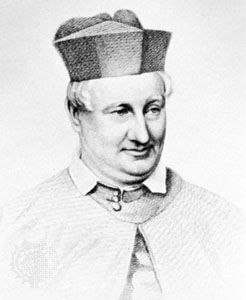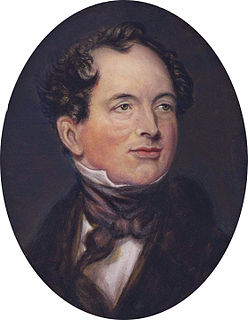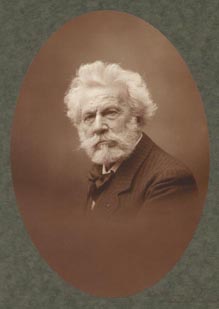A Quote by Marcus Tullius Cicero
I speak of that learning which wakes us acquainted with the boundless extent of nature, and the universe, and which even while we remain in this world, discovers to us both heaven, earth, and sea.
Related Quotes
[T]ruly to escape Hegel involves an exact appreciation of the price we have to pay to detach ourselves from him. It assumes that we are aware of the extent to which Hegel, insidiously perhaps, is close to us; it implies a knowledge, in that which permits us to think against Hegel, of that which remains Hegelian. We have to determine the extent to which our anti-Hegelianism is possibly one of his tricks directed against us, at the end of which he stands, motionless, waiting for us.
The Europeans are all deeply tainted with prejudices, both ecclesiastical and temporal, which they can never get rid of. They are all infected with episcopal and presbyterian creeds, and confessions of faith. They all believe that great Principle which has produced this boundless universe, Newton's universe and Herschell's universe, came down to this little ball, to be spit upon by Jews. And until this awful blasphemy is got rid of, there never will be any liberal science in the world.
The greatest talents have been frequently misapplied and have produced evil proportionate to the extent of their powers. Both reason and revelation seem to assure us that such minds will be condemned to eternal death, but while on earth, these vicious instruments performed their part in the great mass of impressions, by the disgust and abhorrence which they excited.
We are on the earth, and they tell us of heaven; we are human beings, and they tell us of angels and devils; we are matter, and they tell us of spirit; we have five senses whereby to admit truths, and a reasoning faculty by which to build our belief upon them; and they tell us of dreams dreamed thousands of years ago, which our experience flatly contradicts.
There is nothing so charming as the knowledge of literature; of that branch of literature, I mean, which enables us to discover the infinity of things, the immensity of Nature, the heavens, the earth, and the seas; this is that branch which has taught us religion, moderation, magnanimity, and that has rescued the soul from obscurity; to make her see all things above and below, first and last, and between both; it is this that furnishes us wherewith to live well and happily, and guides us to pass our lives without displeasure and without offence.
Let me define a garden as the meeting of raw nature and the human imagination in which both seek the fulfillment of their beauty. Every sign indicates that nature wants us and wishes for collaboration with us, just as we long for nature to be fulfilled in us. If our original state was to live in a garden, as Adam and Eve did, then a garden signals our absolute origins as well as our condition of eternity, while life outside the garden is time and temporality.
Let us hopethat by the best cultivation of the physical world, beneath and around us; and the intellectual and moral world within us, we shall secure an individual, social and political prosperity and happiness, whose course shall be onward and upward, and which, while the earth endures, shall not pass away.
That hemisphere of the moon which faces us is better known than the earth itself; its vast desert plains have been surveyed to within a few acres; its mountains and craters have been measured to within a few yards; while on the earth's surface there are 30,000,000 square kilometres (sixty times the extent of France), upon which the foot of man has never trod, which the eye of man has never seen.
If [Pope's Francis] media-generated popularity, fragile as that may turn out to be when the world discovers that the pope is really a Catholic, opens windows of possibility for explaining that divine mercy leads us to the truths God revealed to us (and inscribed into the world and into us), then his reanimation of the papacy will advance the "Church in permanent mission" for which he called in Evangelii Gaudium, which is the grand strategy document of his pontificate.
Our aims in political activism are not, and should not be, to create a perfect utopia. What we seek is more simply to improve the quality of human life while at the same time respecting the natural environment which sustains it: 'Not a heaven on earth but a better earth on earth.' This is not at all a timid agenda, far from it. The work ahead of us is enormous!











































